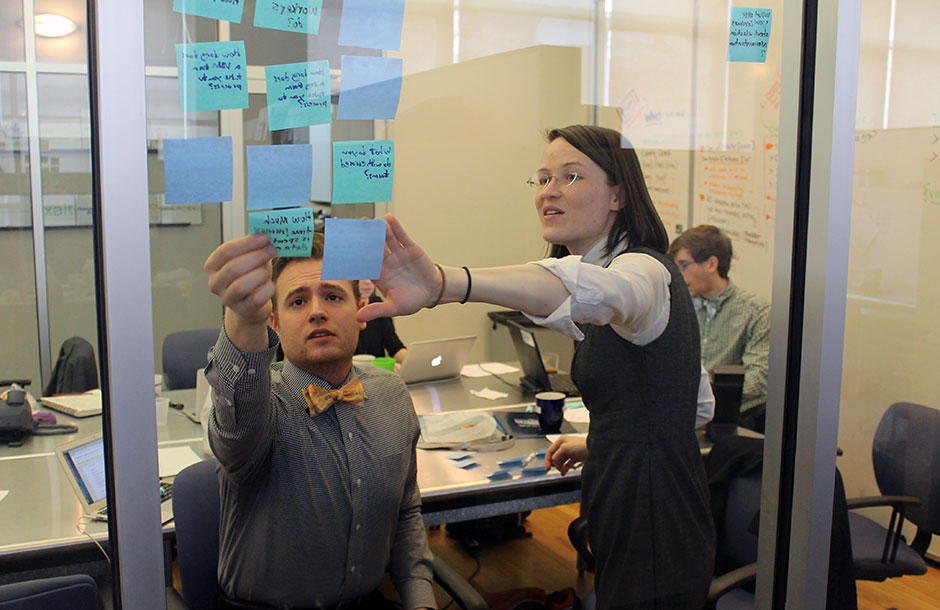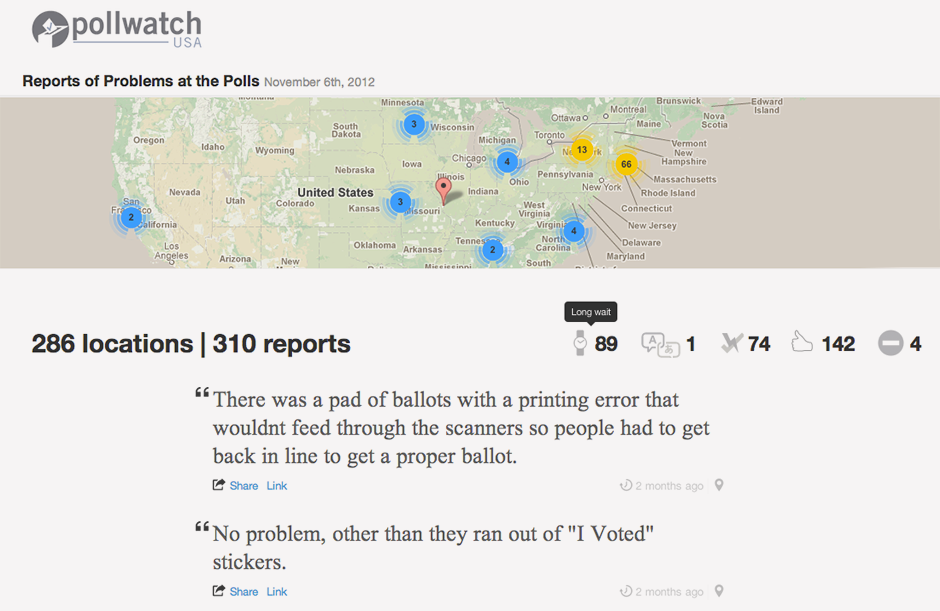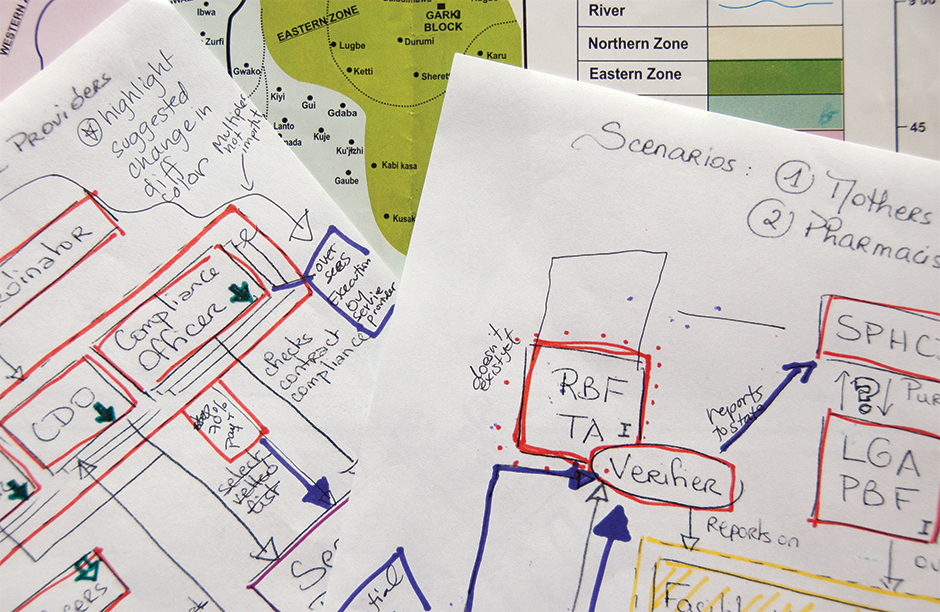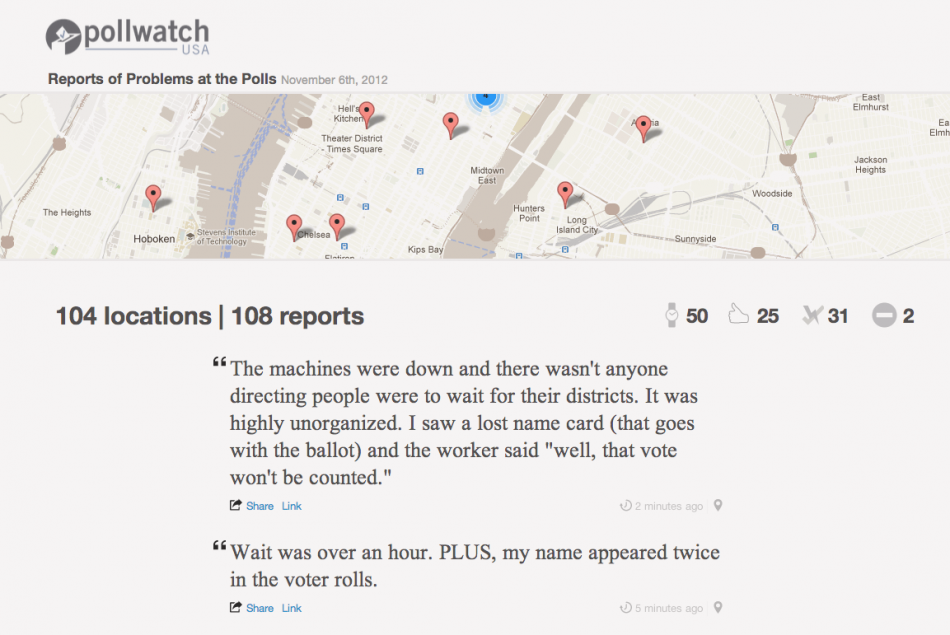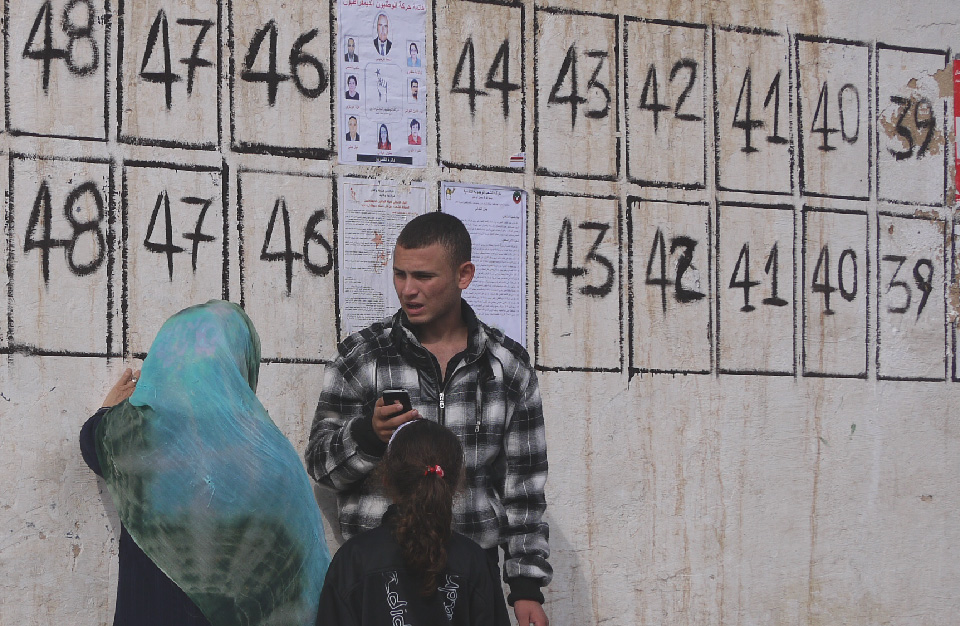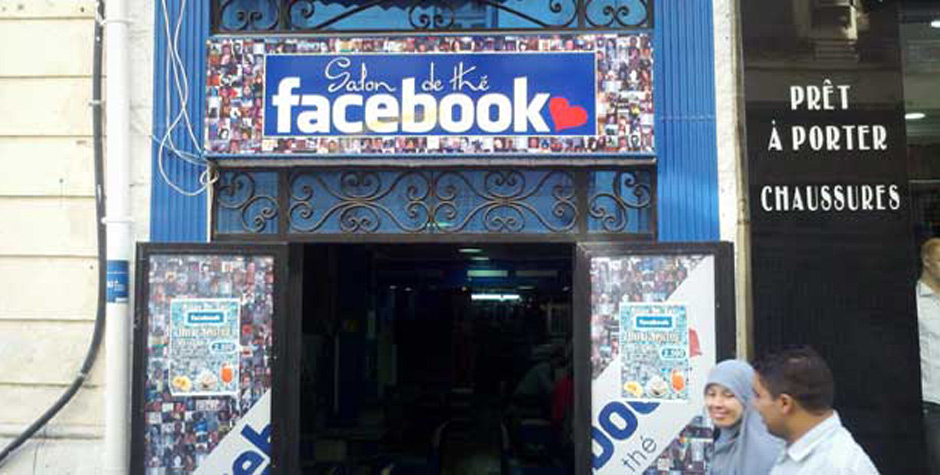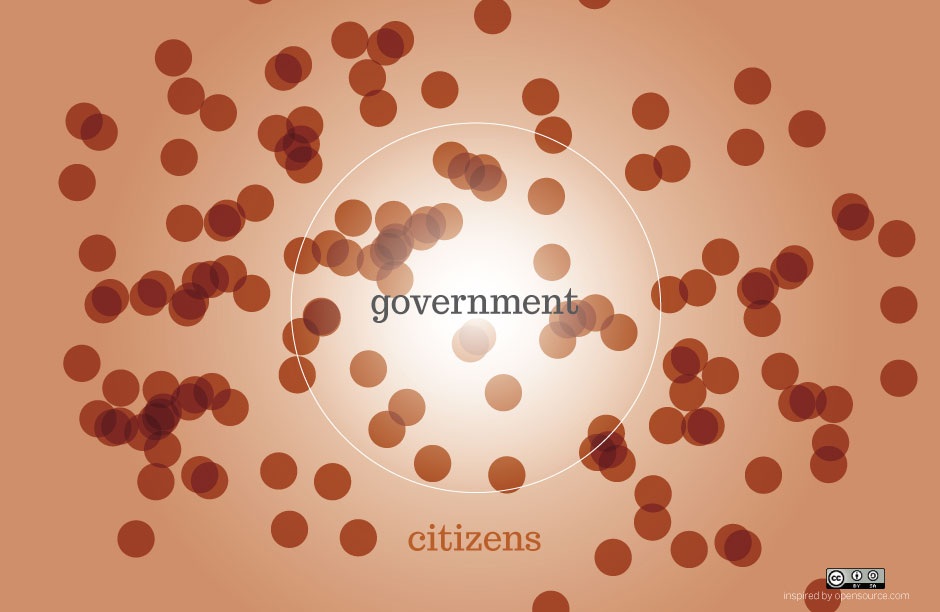Governance Reform
Six American Cities, Six Weeks: Understanding Elections Offices on our Home Turf
Last week, Reboot kicked off a fantastic new collaboration with our friends at TurboVote.
Three years ago, TurboVote set out to make the voting process as easy as ordering a DVD on Netflix. Their team developed the technology to enable voters to register to vote right from the comfort of their homes – and amassed an impressively detailed knowledge bank about the landscape of United States elections regulations. If you sign up for TurboVote, you also receive free SMS and email reminders about upcoming elections.
The goal was to remove as many barriers to civic engagement as possible, through the strategic use of everyday technology. Leading up to this last election, TurboVote registered just shy of 200,000 voters – mostly through a dazzling array of partnerships with colleges, universities, and get-out-the-vote groups that had an interest in registering large numbers of voters.
A non-profit and non-partisan … Read More »
An Election System in Need of Redesign
The results are in!
Since November 6, we’ve been hard at work digesting the data we received from Pollwatch. We kicked off the Pollwatch project at the PDF:Applied hackathon last year in collaboration with Websava and Common Cause NY to uncover and alleviate the challenges that voters face on election day.
With inauguration day two weeks away, we thought it was a good time to share what we learned.
The verdict? Voting is much harder than it should be.
We received hundreds of reports on Pollwatch, revealing many areas for improvement in the voting process. But one problem in particular took the cake with one third of all reports: wait times (2 hours on average among those that reported the issue and up to 5 hours in one instance).
Importantly, wait times are symptomatic of other issues, and the Pollwatch reports provided some insight into what those issues might be. For example, many reports … Read More »
Toward a 21st Century Social Contract
In a small office on East 20th Street in New York City, Reboot is working toward a social contract for the 21st century. We’re driven in this work, because the rules of the game are changing. An emboldened global citizenry, empowered by increased connectivity, is demanding more from its leadership: justice, accountability, a shot at a decent life, and a livelihood with dignity.
And, frankly, because we can do better.
Too many of the world’s people live in difficult, debilitating circumstances. Some factors are beyond our control. We cannot prevent the occurrence of droughts, floods, and earthquakes. Luck of the draw dictates whether we are born into a rich country or a poor one, with fertile soil or famine, with clean drinking water or waterborne diseases.
But many disasters are not random acts of fate. They are man-made, the products of bad decisions … Read More »
Election Day in the USA: PollWatch gives voters a digital tool to report problems
It’s no secret that we are pretty big fans of civic engagement over here at Reboot. For democracy nerds like us, Election Day is a special day, one that ignites our passion for both the amplification of individual voices and the improvement of services and structures that promote good governance. The United States voting system is, as is becoming increasingly apparent, an archaic structure rife with poorly designed user experiences. American democracy is a far cry from a human-centered service.
Reboot has been doing our part to improve the voting experience. Today, a tool we’ve been developing since it’s initial birth at the PDF2012 hackathon earlier this year, is getting put to good use as voters cast their ballots nationwide. PollWatchUSA – a collaboration between Reboot, CommonCause, and Web Sava, with input from TurboVote – equips voters with the ability to … Read More »
Technology, Institutions and the Future of Civic Participation
On May 16th, at the World Summit on the Information Society (WSIS) Forum, I presented Reboot’s recent World Bank report on post-revolution Tunisia, as part of a panel discussing how technology is transforming civic participation around the world. The topic posed was, how is technology changing institutions of governance, particularly those facing conflicts and crisis?
I started from the perspective that technology has always and is increasingly impacting the nature of public life. From our earliest collective societies, technology has made up a critical layer in our capacity to participate in civic affairs. As technology develops more quickly, and exponentially expands our ability to communicate and inform, the impact of technology on civic participation is only becoming more important. In several contexts, technology is eroding traditional barriers to entry for civic participation, enabling increasingly more citizens to organize, broadcast and advocate … Read More »
Tunisia: From Revolutions to Institutions
“The opportunities and setbacks faced by the new Tunisian government as it seeks to provide the health care, economic development, justice processes, and other services demanded by its people will tell us much about the future of governance in a world that grows more complex every day.”
Understanding Technology and Stability in Tunisia
As my airport taxi rolled into central Tunis, I was struck by the sheer volume of satellites straining towards the sky. Saucer-shaped dishes sprung from roofs, balconies and sides of buildings like a sea of invading alien ships. It was clear, these people are connected.
Granted, my attention was biased. I’m here in Tunisia with a team from Reboot to specifically understand how information and communication technologies are changing the nation during this unique post-revolutionary period.
With this framing my point of view, it was hard not to also notice the countless advertisements for voice, broadband and mobile services. These began cropping up from the moment I first stepped into the country. I couldn’t help but smile on reaching the visa checkpoint, as a massive screen blasted promotions of Tunisie Telecom’s latest 3g mobile apps.
These simple yet pervasive consumer items sent the message that Tunisians, are plugged into our modern knowledge-based economy. As I walked through the streets around my hotel, the numerous signs promoting classes in web development, software engineering and social media marketing only served to reinforce this sense.
Mobile Justice - An Argument for ‘Boring’ Solutions
In the past few months, I have been doing some considerable thinking about the most useful role for connection technologies in getting better justice outcomes. I like the word “moju,” referring to “mobile justice,” mostly because I have this sense that we are on the verge of a judicial revolution the likes of mobile banking or mobile health, and “moju” gives it that kick in the pants that could really take it places.
When I think (more seriously) about how technologies can be useful, I see two main avenues: promoting access to justice andimproving the functioning of public judicial administration. In other words, tech can help regular citizens get connected to courts — or it can help courts work more efficiently and effectively.
Both avenues are incredibly important — and many good organizations are working to solve the access-to-justice problem. It is worth noting, however, the great value of the second, and perhaps more boring, leverage point: judicial administration. By this, I mean digitizing court processes, using basic tech tools (group bulk SMS, mobile calendar functions, etc) to share judicial information between court personnel, and posting court information online. In many places, it is not yet standard practice to read the law online or to file forms electronically — often because internet penetration is low or the national technological infrastructure is not yet present to make those activities relevant or even possible.
Egypt: From Revolutions to Institutions
As Egyptians head to the polls for a historic constitutional vote, the world watches and waits to understand just how structural long-term changes to the country’s governance system will be. While mainstream media stories focus on admittedly appealing narratives of technology-enabled change, numerous groups and institutions continue to work outside the spotlight to build a new political structure.
Reboot’s focus is on understanding rapidly changing mechanisms of social interaction, and leveraging them for better societies. As practitioners at the intersection of governance, technology, and social science, we help our clients build effective programs and identify optimal investments that will lead to a better future. Developments in MENA in recent weeks provide many examples of the type of systemic change that is possible. Likewise, these events will prove instructive on the larger patterns of social change we are all observing.
Citizen 2.0 - Event Highlights
How are new communication technologies redefining the form and function of governance? How should these tools mature to more effectively enhance service delivery, improve the outputs of policymaking, and expand access to the political process?
We were privileged to host an event on Monday to discuss these topics and, as it turned out, quite a bit more. We hosted this event in recognition that ‘open-government’ and ‘Gov 2.0’ have yet to reach their full potential in practical government applications. Our expert panel and highly engaged audience sought to articulate why this was and what we can do to realize the new opportunities ahead of us in the field of governance. From the nature of participatory government to issues of digital divide and access to education, they proposed ideas on how we can evolve a governance system that isn’t just different, but better.

